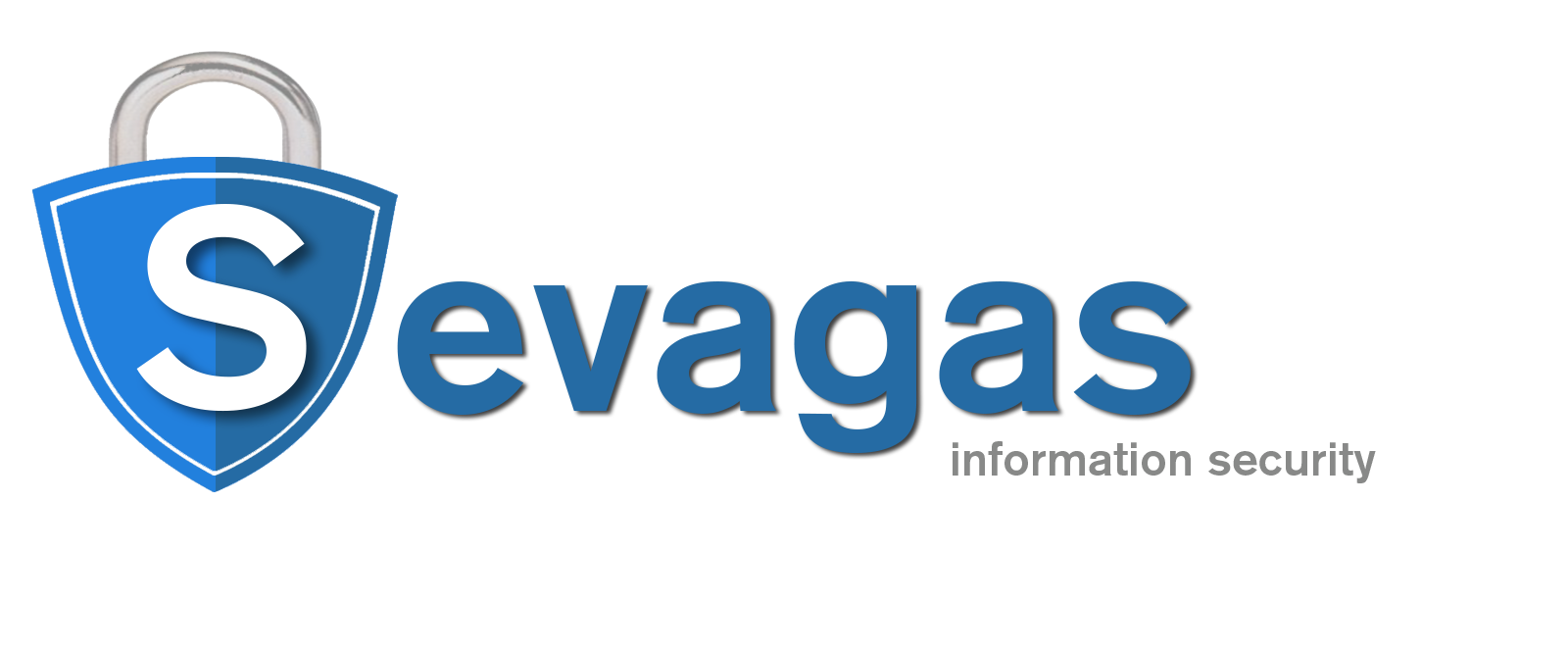Sevagas
Slogan du site
This site is about IT security. Here we present the authors articles and security tools. This site is cooperative, feel free to comment and criticize any article/application. If you want to publish your articles and/or applications on this site, send a request to contact[at]sevagas.com.
Latest comments
Bypass Defender and other thoughts on Unicode RTLO attacks
It seems putting the space before ".hta" (for example) is now detected by defender but putting (...)
Digging passwords in Linux swap
It’s even worse if the swap is in SSD because of the way modern SSDs store data. I just don’t (...)
Launch shellcodes and bypass Antivirus using MacroPack Pro VBA payloads
Hi, for inquiries, send an email to emeric.nasi [ at ] sevagas.com using a professional email (...)
Launch shellcodes and bypass Antivirus using MacroPack Pro VBA payloads
Hello
I want to buy macro pack pro
Can you help me from where I can buy
Thanks
Bypass Defender and other thoughts on Unicode RTLO attacks
Did you import any librarys in the python script as mine doesnt appear to work.
Sorry for bad (...)
